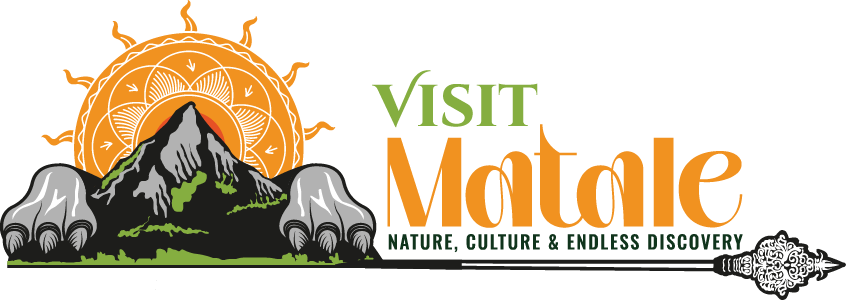Industries
Home | Industries
Industries in Matale
Matale, located in Sri Lanka’s Central Province, boasts a diverse economy that blends traditional practices with modern enterprises. The district’s natural resources, skilled workforce, and cultural heritage contribute to its economic activities. Below is a comprehensive look at the major industries in Matale:1. Spice Cultivation
Matale is synonymous with high-quality spices, earning it recognition as a global hub for spice production.- Key Spices: Cinnamon, pepper, nutmeg, cloves, cardamom, and vanilla.
- Economic Impact: Spices are a major export commodity, contributing significantly to local and national economies.
- Tourism Integration: Spice gardens in Matale attract tourists, offering tours that educate visitors about the cultivation, harvesting, and processing of spices. These gardens also sell organic spice products.
- Cultural Significance: Spices have historical importance in Sri Lanka, with Matale playing a pivotal role in sustaining this legacy.
2. Agriculture
Agriculture remains the backbone of Matale’s economy, with diverse farming practices supported by fertile soil and a favorable climate.- Paddy Cultivation: Large tracts of land are dedicated to rice farming, ensuring food security and economic sustainability.
- Vegetable Farming: Vegetables such as beans, carrots, and cabbage are cultivated both for local consumption and export.
- Dairy Farming: Matale’s dairy industry supplies milk and milk-based products, fostering rural livelihoods and supporting the national dairy sector.
- Specialty Crops: Crops like jackfruit, bananas, and cashew nuts also contribute to the local economy.
3. Tourism
The tourism sector in Matale thrives on its unique combination of natural beauty, cultural heritage, and adventure opportunities.- Eco-Tourism: The Knuckles Mountain Range, Riverston Peak, and waterfalls like Sera Ella are key attractions for nature lovers and trekkers.
- Cultural Tourism: Sites such as Aluvihare Rock Temple, Nalanda Gedige, and ancient Hindu temples draw pilgrims and history enthusiasts.
- Adventure Tourism: Activities like hiking, camping, and cycling in Matale’s scenic landscapes are popular among tourists.
- Economic Benefits: Tourism has spurred the development of eco-lodges, guided tour services, and small businesses catering to visitors.
4. Handicrafts
Matale is renowned for its vibrant handicrafts industry, which reflects the district’s rich cultural heritage.- Traditional Brassware: Intricately designed brass items are crafted for both decorative and religious purposes.
- Batik Industry: Matale produces vibrant batik textiles, blending traditional motifs with modern aesthetics.
- Woodworking: Artisans specialize in creating furniture, carvings, and decorative items from local timber.
- Economic Impact: Handicrafts are sold locally and internationally, providing employment to skilled artisans and preserving traditional craftsmanship.
5. Manufacturing and Small-Scale Industries
Small and medium-scale enterprises (SMEs) are an important part of Matale’s economy.- Food Processing: Industries process local produce, such as dried fruits, packaged spices, and confectioneries.
- Textiles and Garments: Small garment factories produce textiles for local and export markets.
- Construction Materials: The region produces bricks, tiles, and cement blocks, supporting the local construction industry.
6. Plantation Industries
Tea and rubber plantations are prevalent in some parts of Matale, contributing to the district’s agricultural diversity.- Tea Production: Although not as dominant as in other districts, some estates in Matale cultivate high-quality tea.
- Rubber Cultivation: Rubber plantations support smallholder farmers and contribute to the national rubber industry.
7. Mining and Mineral Resources
The geology of Matale is rich in minerals, supporting small-scale mining activities.- Graphite Mining: High-grade graphite is extracted and processed in the region.
- Quarrying: Stone and sand quarries support the construction industry in and around Matale.
8. Herbal Medicine and Ayurveda
Matale’s biodiversity has made it a center for traditional herbal medicine.- Ayurvedic Products: Local businesses produce oils, balms, and herbal remedies using traditional knowledge and locally sourced ingredients.
- Wellness Tourism: Ayurveda-based wellness centers and spas attract domestic and international tourists.
